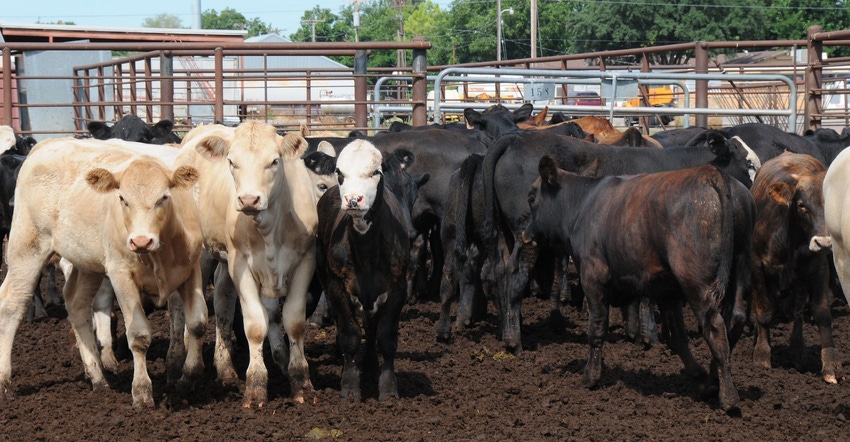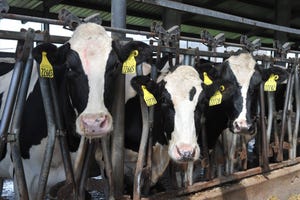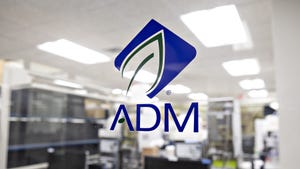Senate ag leaders promise cattle market hearing
Momentum building for a bipartisan solution on price and supply issues vexing cattle market.

During a Senate Agriculture Committee nomination hearing for USDA’s top legal counsel, the issue of the cattle markets was raised consistently by members as well as a promise from both committee leaders to hold a hearing on the issue. The committee will need to reauthorize the Livestock Mandatory Reporting ahead of its one-year extension on September 30.
In his opening remarks, Senate Agriculture Committee Ranking Member John Boozman, R-Ark., notes he has heard from many members on the committee about the issues in the livestock and cattle markets and he recognized the “livestock industry is in a very difficult situation right now.”
He promises to hold a hearing as soon as possible and urged Stabenow to schedule one on the issue during the next work period. “We need to understand exactly what’s going on in that regard and begin to offer solutions,” Boozman says.
Senate Agriculture Committee Chairwoman Debbie Stabenow, D-Mich., agreed they need to work together to address the many members’ concerns on what’s happening within the supply chains. “We need to work together and with members of the committee to understand and look for solutions,” Stabenow states.
The comments come just over a week after a crucial joint livestock industry statement agreeing on specific action items including expediting the renewal of USDA’s Livestock Mandatory Reporting, demanding the Department of Justice issue an update on its investigation into packer activity and encouraging investment in new independent, local and regional packers.
Related: Livestock groups unite on need to address cattle markets
Several members also questioned the USDA General Counsel nominee Janie Simms Hipp on what actions she might take on the cattle market situation. Hipp said she’s been hearing about the concerns of livestock market concentration for as long as she’s been an agricultural lawyer for the past 35 years. The issues seem to ebb and flow, Hipp adds.
“I believe I’m seeing a bipartisan approach to this issue that had risen to a level I haven’t seen before,” Hipp says in response to a question from Sen. Deb Fischer, R-Neb., who has introduced legislation to aimed at improving market transparency. Sen. Roger Marshall, R-Kan., and Sen. John Hoeven, R-N.D., also brought up the issue of price divergence and cattle market concerns.
Hipp also pledged to offer a “strong voice” in discussions with the Department of Justice and adds USDA will need to be very connected with the DOJ during the antitrust investigation.
Fischer announced that she is working on new legislation to better enable the Justice Department and USDA to address competition problems and potential beef market manipulation. It is important to increase partnership between key federal agencies on antitrust and agriculture issues to ensure producers are not being harmed by anti-competitive activity.
In response to some of the cattle market talking points, the North American Meat Institute provided additional insight in outlining myths and facts about cattle markets.
In countering the claim that there is no growth in the packing industry, the Meat Institute states that since last year there have been several announcements about building new packing facilities or expanding existing capacity by more than 4%, including new independent, local and regional packers.
“Meat and poultry companies are utilizing capacity to the best of their abilities with COVID protocol constraints still in place and despite significant labor challenges that existed prior to – and have been exacerbated by – COVID. In fact, Saturday slaughter for the year was 51% above last year and 65% over 2019,” says Sarah Little, Meat Institute vice president of communications.
Labor is likely to remain a significant factor that affects utilization of production capacity; and is also a factor that will challenge new small and medium sized facilities entering the market, the Meat Institute notes.
“Those calling for government intervention in the market never address labor. Labor is, and is likely to remain, a significant factor that affects utilization of production; and is also a factor that will challenge new small and medium sized facilities entering the market,” Little says. “The Meat Institute will continue to work with livestock producer organizations to ensure proposed changes to the beef markets do not have unintended consequences for producers and consumers.”
About the Author(s)
You May Also Like





